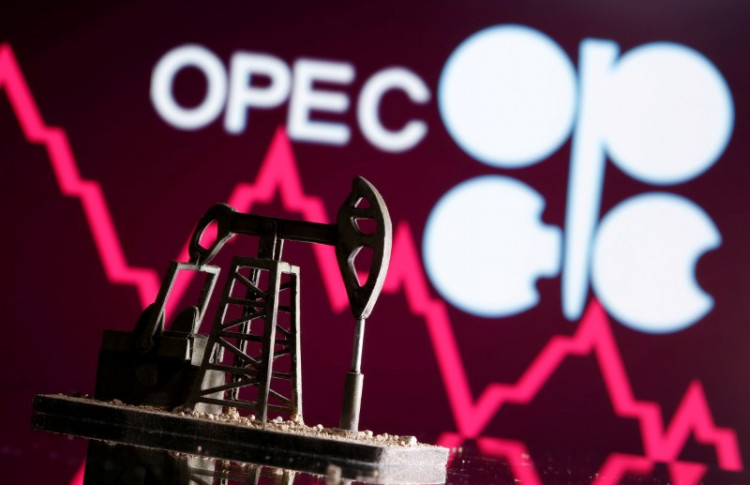Despite global efforts to transition to clean energy, OPEC believes the world will continue to rely on oil for a considerable time.
In its 2023 World Oil Outlook released on October 9, OPEC highlighted that global oil consumption is projected to rise by 16% over the next 20 years, reaching 116 million barrels per day by 2045. This is about 6 million barrels higher than previous estimates.
OPEC anticipates that road transportation, petrochemicals, and aviation will drive this growth in oil consumption. Asian countries are expected to be the primary force behind the surge in oil demand.
The organization also revised its medium-term demand forecast up to 2028, noting that despite economic headwinds like rising interest rates, this year's demand remains robust. OPEC emphasized the resilience of oil demand in 2023.
By 2028, global demand is projected to hit 110.2 million barrels per day, up from 102 million barrels in 2023. The institution predicts oil consumption will reach 109 million barrels per day in 2027, higher than the 106.9 million barrels estimated for 2022.
After the COVID-19 pandemic hit global oil demand in 2020, OPEC had lowered its oil demand forecast, believing that oil consumption would eventually slow down after years of growth. However, with the resurgence in oil usage, OPEC has once again revised its predictions upward.
In its 2022 report, the organization had projected that global oil demand would stabilize after 2035. Yet, the latest outlook suggests that in the last decade of the forecast period, oil consumption will increase by another 1.6 million barrels per day.
However, following the pandemic's impact, global investments in fossil fuels have significantly declined, resulting in a permanent reduction.
As a result, OPEC is calling for increased investments in oil. The organization estimates that to achieve its long-term oil demand forecast, the oil industry needs to invest $14 trillion, averaging about $610 billion annually.
OPEC's Secretary-General, Haitham Al Ghais, stressed the importance of increasing investments in oil development, noting that such investments are "crucial" and beneficial for both producers and consumers. He argued against halting investments in new oil projects, suggesting it could lead to energy and economic disruptions.
Given the challenges of energy costs and a more nuanced understanding of energy challenges, the world should recognize the resistance to the fossil fuel perspective. History is filled with numerous examples of turmoil, serving as a warning of what can happen when policymakers fail to recognize the intricacies of intertwined energy sources.
OPEC's stance contrasts sharply with the International Energy Agency's (IEA) predictions.
Last month, the IEA stated that the world is currently at the "beginning of the end" of the fossil fuel era. Due to the rapid growth of renewable energy and the proliferation of electric vehicles, the consumption of the three major fossil fuels is expected to decline over the next decade.
The IEA believes that as countries shift to renewable energy and electric vehicles, the demand for fossil fuels will stabilize by the end of this decade. The report suggests that if governments aim to achieve net-zero emissions and limit temperature rises to 1.5°C, investments in new oil projects must cease immediately.
OPEC, however, believes that despite the rapid growth of electric vehicles, cars powered by internal combustion engines will still dominate the future. The organization forecasts that by 2045, there will be 2.6 billion gasoline-powered cars on the roads globally, an increase of 1 billion from 2022.






